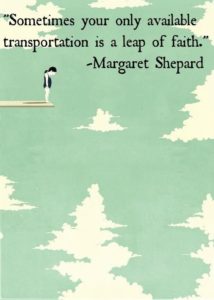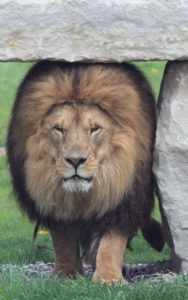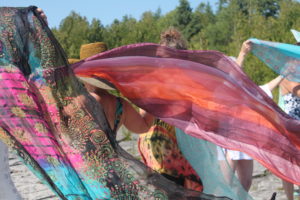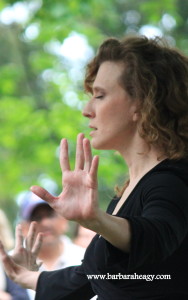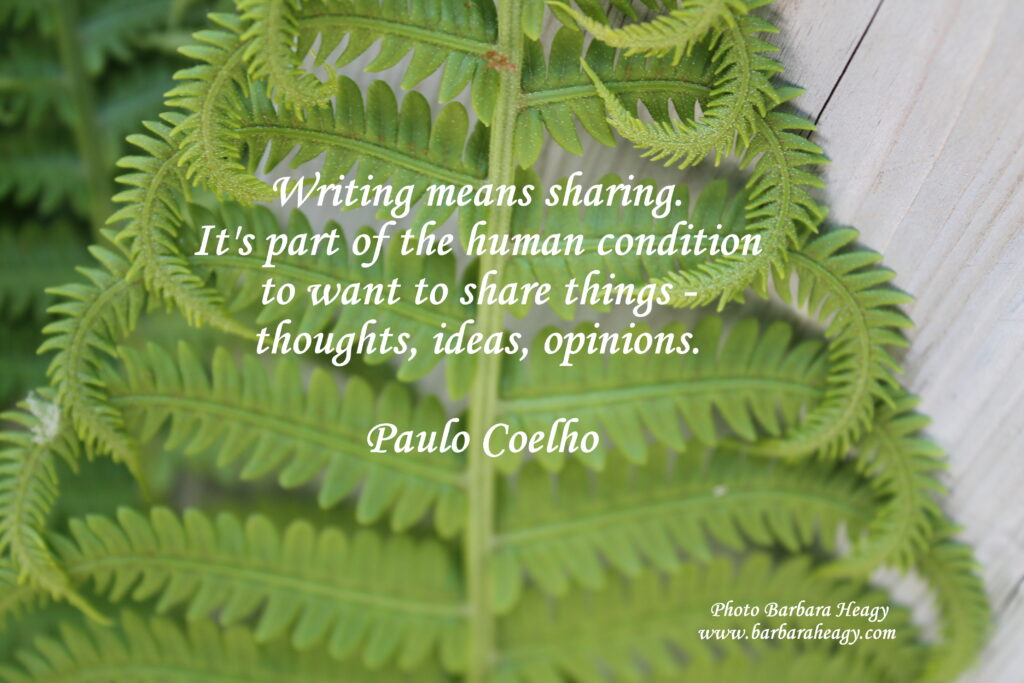
Yesterday I spent several hours trying to work out my printer problems. I finally gave up and called the company HP Smart for technical support. The technician who I was hooked up with was called Samantha. Now, normally these calls can be hours long (which it was) and can be full of frustration and annoyance (which it wasn’t).
Because a variety of attempts to clear up my problem were needed, we both acknowledged that this was going to take a long time and some of the downloading processes were going to be very slow. We both settled in for the long haul.
For the next two or three hours, Samantha and I worked together to try and solve my problems. Meanwhile, we got to know each other as two human people with much in common. Even though we were separated by half a world (she was in India, I was in Canada), she seemed much younger than me (that’s an assumption), and we were two complete strangers, we connected.
She initiated the conversation and we quickly found out that we both had a love of writing, I a published author/a memoirist and she a daily journal writer and poet. We shared our losses in life of those close to us, including our beloved pets. We told stories about our loved ones. We shared our favourite poets and some of their work. We both love Mary Oliver. We laughed and cried and found common ground in our zest for life.
Slowly she helped me work out my printer problem and slowly we go to know each other as new friends. We both acknowledged that wouldn’t it be wonderful if we should meet some day face-to-face. When all was finally cleared and my printer was working again, it was time to say goodbye. “I’m having trouble saying goodbye,” she said. “Me, too,” I said. “Thank you for all you did for me and shared with me. You were wonderful.”
Will I ever talk with Samantha again? That would be unlikely for you know that when you call these companies, you are given a random agent, whoever is free at the time. But I am thankful for the time spent with Samantha. We had a very special connection.
Reach out to others. Despite distance and age and circumstances, we are all human. Thank you, Samantha. I enjoyed getting to know you. You made my day very special. In honour of you let me share your favourite Mary Oliver poem with others as you shared with me.
“When Death Comes.”
When death comes
like the hungry bear in autumn;
when death comes and takes all the bright coins from his purse
to buy me, and snaps the purse shut;
when death comes
like the measle-pox;
when death comes
like an iceberg between the shoulder blades,
I want to step through the door full of curiosity, wondering:
what is it going to be like, that cottage of darkness?
And therefore I look upon everything
as a brotherhood and a sisterhood,
and I look upon time as no more than an idea,
and I consider eternity as another possibility,
and I think of each life as a flower, as common
as a field daisy, and as singular,
and each name a comfortable music in the mouth,
tending, as all music does, toward silence,
and each body a lion of courage, and something
precious to the earth.
When it’s over, I want to say: all my life
I was a bride married to amazement.
I was the bridegroom, taking the world into my arms.
When it’s over, I don’t want to wonder
if I have made of my life something particular, and real.
I don’t want to find myself sighing and frightened,
or full of argument.
I don’t want to end up simply having visited this world.
—Mary Oliver
